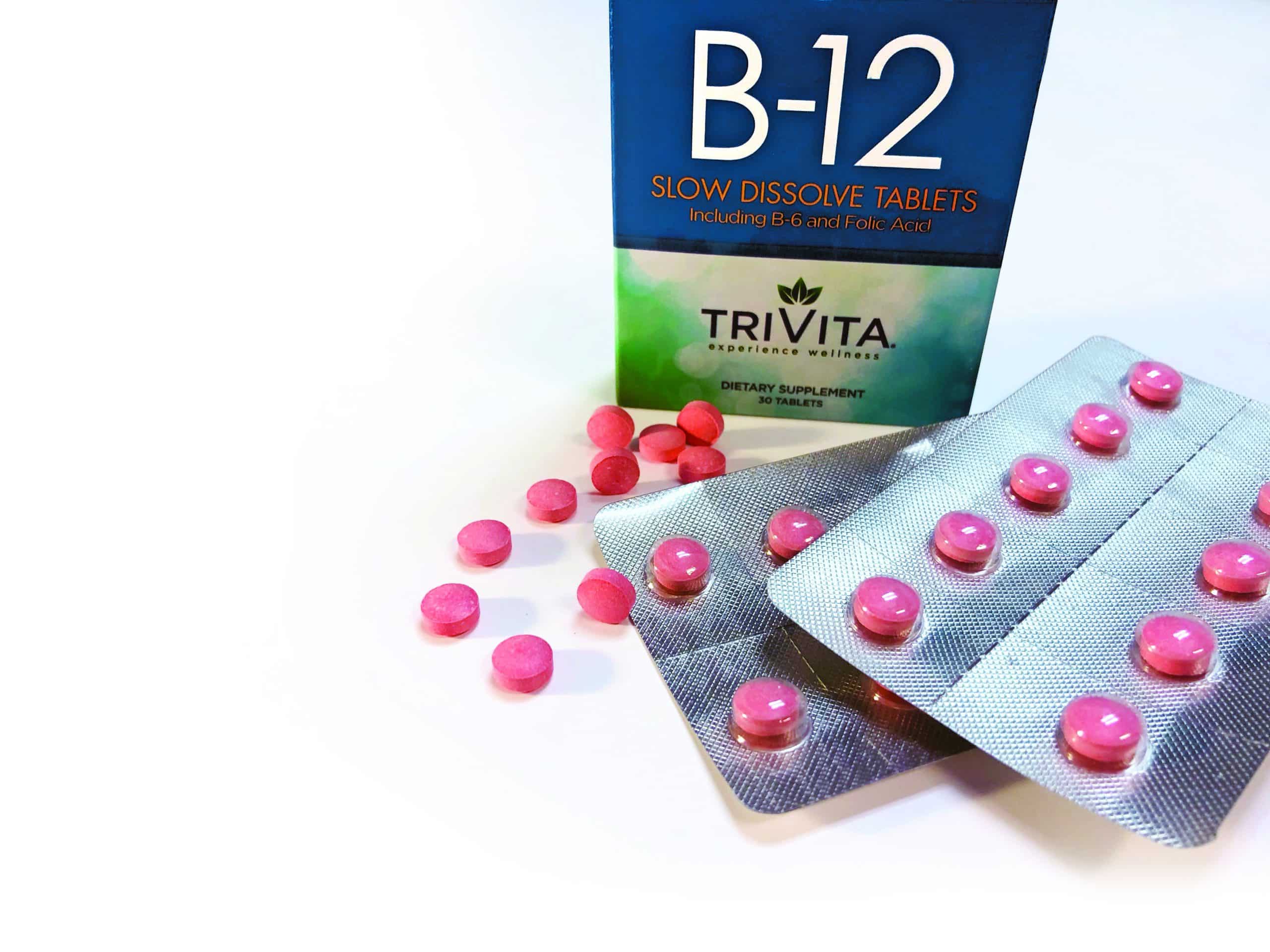3 Ways to Detect and Prevent B-12 Deficiency
For most healthy adults Vitamin B-12 deficiency may be uncommon because the body can store B-12 to be used over time. However, if you suspect you may be at risk or are already deficient, keep reading to find out how to avoid and reverse this potentially devastating deficiency.
1. Understand How We Become Deficient
Understanding how you can become deficient is crucial to avoiding and reversing the deficiency. For some groups, a lack of Vitamin B-12 in their diet is the cause of low levels. These groups can include strict vegans and individuals with limited access to high-quality animal products, such as meats and dairy.
If you regularly consume good sources of B-12 but still have low levels, then inadequate absorption may be the culprit. Nutrient absorption begins with digestive enzymes and bacteria that break down your food. Most of these molecules will make their way to your small intestines where they will enter your bloodstream. However, this seemingly simple process can be complicated by the removal or malfunction of the organs involved. Individuals at risk for poor absorption may include those with certain digestive conditions such as [TVBLOGCOPY]Celiac[/TVBLOGCOPY][MWSBLOGCOPY]Celiac[/MWSBLOGCOPY] or Crohn’s disease.
2. Know Your Risks
Once you understand the difference between intake and absorption, it’s important to look at your lifestyle. If you eat a balanced diet but have poor digestion, you may consider having your gut checked or adding [TVBLOGCOPY]probiotics[/TVBLOGCOPY][MWSBLOGCOPY]probiotics[/MWSBLOGCOPY] to your routine. Certain probiotic microorganisms help enhance the absorption of vitamins and minerals.
The cause of your deficiency may be lurking in the medicine cabinet. It is well-documented that certain substances and medications can contribute to inadequate levels of B-12. Metformin, a common diabetes medication, antacids and even some antibiotics can inhibit nutrient absorption.


3. Check Your Levels
A [TVBLOGCOPY]Vitamin B-12[/TVBLOGCOPY][MWSBLOGCOPY]Vitamin B-12[/MWSBLOGCOPY] deficiency can only be diagnosed through a blood test. If you suspect you are deficient or at risk for developing a deficiency, talk to your doctor about checking your levels. Your doctor may also want to check you for other potential nutritional deficiencies based on your gender, age, lifestyle and medical history.
Are You Over 40? Learn about the [TVBLOGCOPY]5 key nutrients you may be missing[/TVBLOGCOPY][MWSBLOGCOPY]5 key nutrients you may be missing[/MWSBLOGCOPY].
References:
- https://ods.od.nih.gov/factsheets/Vitamin%20B12-HealthProfessional/#h6
- http://www.mdpi.com/2072-6643/9/9/1021/htm
- https://lpi.oregonstate.edu/mic/vitamins/vitamin-B12







